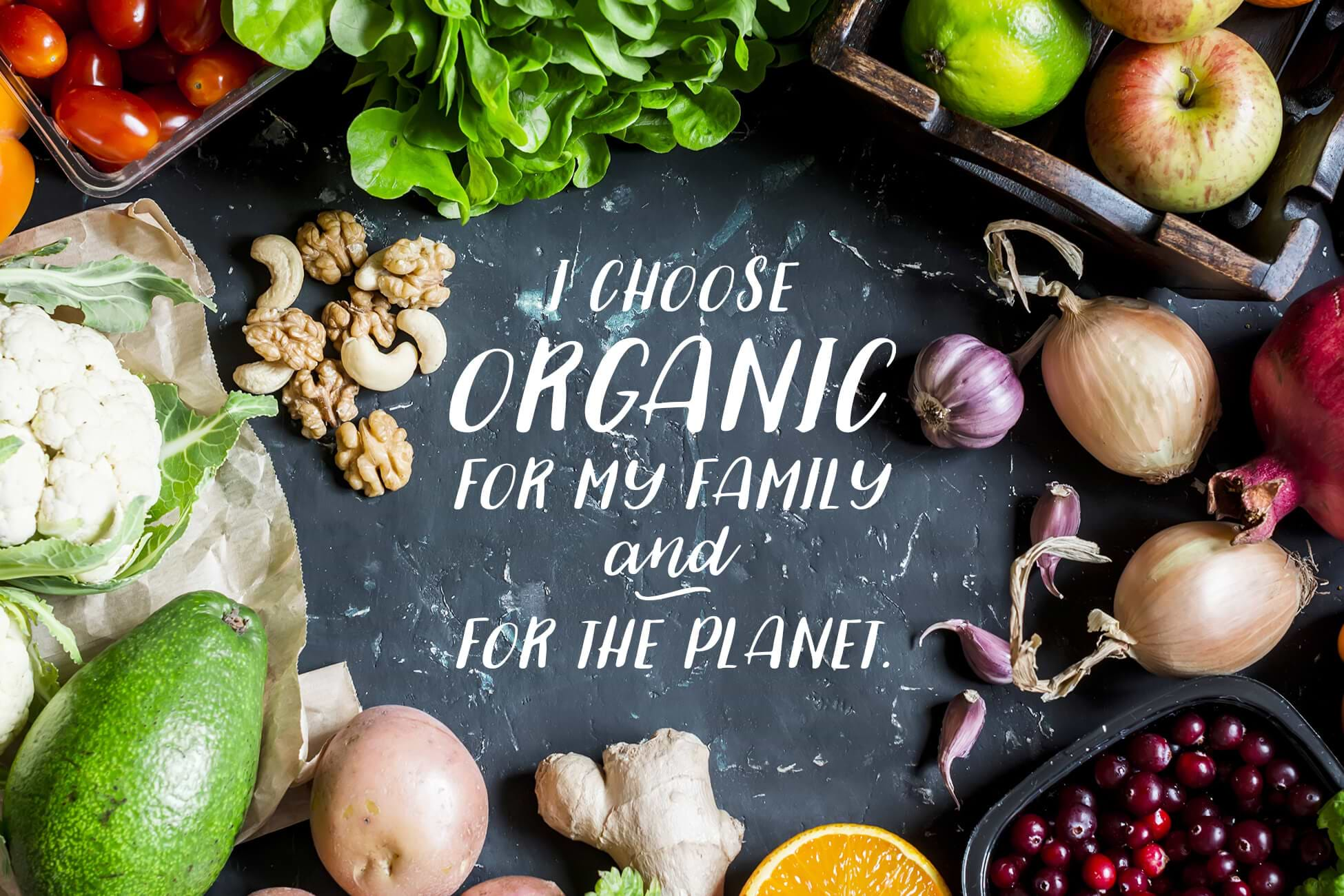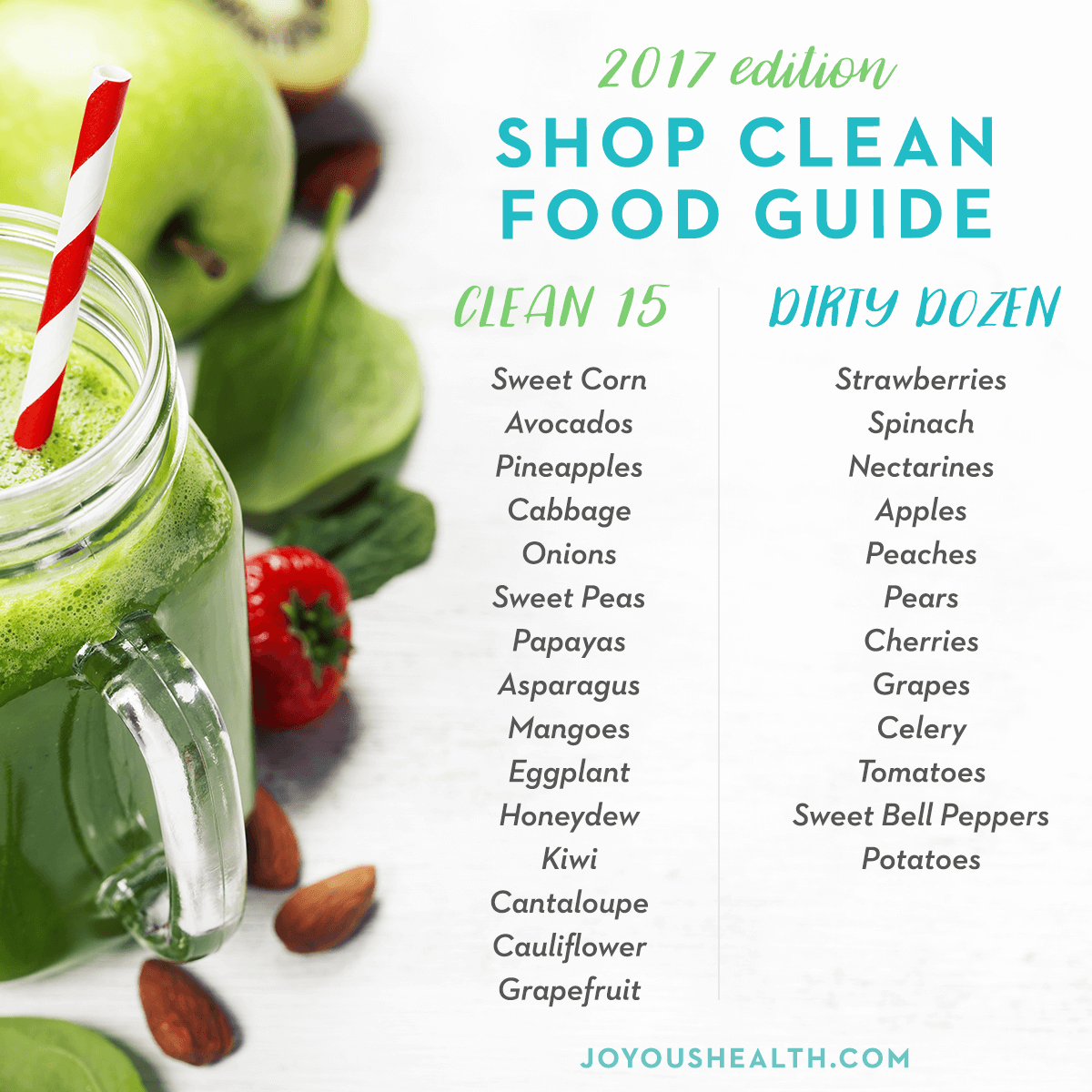Welcome to thoughtful, organic beauty
Hello Joyous is an organic, plant-based, sustainable beauty brand here to bring more joy to your day.
Humans have been farming for the last 10,000 years, yet in the last 60 years we’ve turned to chemical pesticides and biotechnology to grow our food.
.jpg.jpeg)
This obsession with pesticides was born out of WWII. Before that, farmers relied on moon cycles, crop rotation, homeopathics and farmed in much simpler ways without the use of synethic pesticides. They farmed the way nature intended, and what we now call, “organic farming”.
The reason I share this with you is that pesticides are one of the biggest threats to our health today.
They touch every aspect of our lives, they are found in the umbilical cord blood of babies, a mother’s breast milk, and in urine and blood samples as determined in research conducted by the Environmental Working Group and reported by the Centre for Disease Control.
Big chemical companies wish to brush this off by claiming that “organic is no healthier” but the key point they cannot argue is that the best way to avoid these pesticides getting in to your body is to stop eating them.
In order words, choose organic as often as possible.
I’ve always been passionate about organic food, but now that I’m a mama, I feel even more so because I have a 28lb toddler who is at risk of the damaging health effects that pesticides cause. This isn’t just being over-protective, science agrees.
Let's take a look at some of the studies that make me concerned.
Beyond the research I’ve just mentioned, pesticides have been linked to a whole array of damaging health effects, including:
Cancer (many pesticides are considered carcinogens or “probable” carcinogens), increased risk of Parkinson’s disease, neurodevelopmental effects, hormone dysfunction and infertility in both men and women.
I share all of this with you because I want you to see the value of organic food. If you are pregnant, nursing or have an infant or any children, please choose organic.
If you don't care about your health and I doubt that's the case, also consider the damaging environmental impacts pesticides have and the effect on marine and animal life.

For everyone else, keep in mind that every year the Environmental Working Group releases a new Dirty Dozen and Clean Fifteen to help you make informed choices when you're grocery shopping.
Before I share it with you, please consider that while the Dirty Dozen and Clean Fifteen are important to recognize, if you want to reduce the overall toxic load for your family, choose organic as often as possible (not just for the "dirty dozen").
This is better for you and the planet. This is what I personally do for my family and recommend to you.

You can download a printeable copy of the Dirty Dozen and Clean 15 below.
In closing, my message is simple, if you don’t want to eat pesticides, choose organic! :)
Thanks for reading,
Joy
Hi! I also live in Ontario and sometimes find greenhouse grown veggies in the supermarket (for example, greenhouse sweet bell peppers at Sobey’s). They’re not organic, but would they likely be pesticide-free as they’re grown in greenhouses? Thanks!
ReplyHi Jess! It is really tough to say because if they are not certified organic there is absolutely no assurance or regulation they are pesticide-free. You're still better off buying organic for sweet peppers in my opinion. Hope that helps!
Greenhouse growing may actually require more pesticides. It just depends on the growing conditions and the grower. USA Organic is the only assurance.
Yes, definitely - keep an eye out for the USDA Organic label :)
Hello Joy - Unfortunately a very large percentage of the population of Canada cannot afford to choose organic food or beauty products because they simply cannot afford them. Posting the lists of "Dirty Dozen" vs "Clean" foods is useful however. I find myself among those who often must use non-organic products - even when I want to make a healthy choice. It's VERY discouraging! Hopefully, if the market for organic products increases, the prices will eventually decrease, making them available to more people.
ReplyHey Frances! I recommend checking out well.ca for clean beauty and your local grocery store because you may be surprised to find clean Canadian brands like Green Beaver :) I buy a lot of organic products online now not because they aren't available (I live in Toronto) but because it's often much cheaper. Hope that helps!